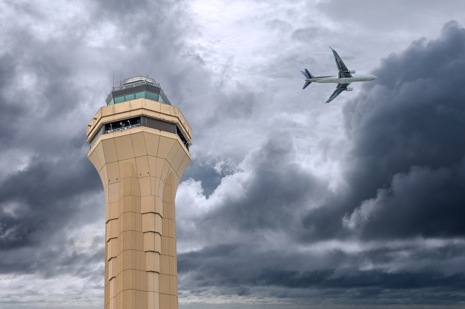
Major accidents in the past occurred with language issues as contributing factors. This includes the deadliest accident in aviation history - the collision of two Boeings 747 at Tenerife back in 1977 - and the runway collision of a Streamline 200 and an MD-83 at Paris-Charles-de-Gaulle in 2000. Unfortunately, many years later, the problem has not been totally solved. There are still large international airports with mixed operations where more than one language is used for air traffic control communications.
Since the introduction by ICAO of English language requirements in the early 2000s, the aviation industry has worked to improve the English proficiency of pilots, air traffic controllers and airport staff to make sure that the chances of miscommunication are minimized.
Back in 2006, ten international organizations (IACA (now AIRE), IATA, ERA, CANSO, AEA, EBAA, ELFAA, IFATCA, IFALPA and ECA) approached European Civil Aviation Conference (ECAC) member states, strongly supporting the need to use a common aviation radiotelephony language, not limited to air traffic control clearances, but extending to any relevant operational information to pilots.
According to IATA’s Anthony van der Veldt, there are still instances, however, when a different language than English is used in radio communications both in the air and on the ground. “This is considered a serious safety issue since it severely diminishes the situational awareness of all aircraft,” he says. “The whole point of using one aviation language--English--is to ensure that pilots have a clear awareness of the traffic around them, and understand the voice messages over the radio in the area he is flying in so he can take the appropriate actions when so required.”
IATA has published a position paper on the Use of English at International Airports and in Air Traffic Control Communications (pdf). This position paper was written as a result of some European States running surveys last year asking pilots if they prefer English only or English and the local language to be used for communication at international airdromes of these States. The aim was to study the possibility to require the use of the English language for communications between the air traffic services unit and aircraft at large international aerodromes.
In light of the industry’s commitment to the highest safety standards in airport operations worldwide, IATA believes that Aviation English should be used for all air traffic control communications at international airports in Europe as a means to improve communications/situational awareness for operations on the runway and all aircraft maneuvering areas. Dragos Munteanu, part of the IATA team advocating this position to Civil Aviation Authorities of relevant States, is clear on the vital importance of this position. “I don’t think it is the language proficiency that is the issue – more an occasional lack of willingness between speakers of the same language to use English, when it is not their native tongue,” he says. “But I don’t think there is anybody in the system who really believes that two languages is better than one. So we count on the States to show resolve and support our initiative to ensure the safety brought by the use of a single language in ATC communications – English.”